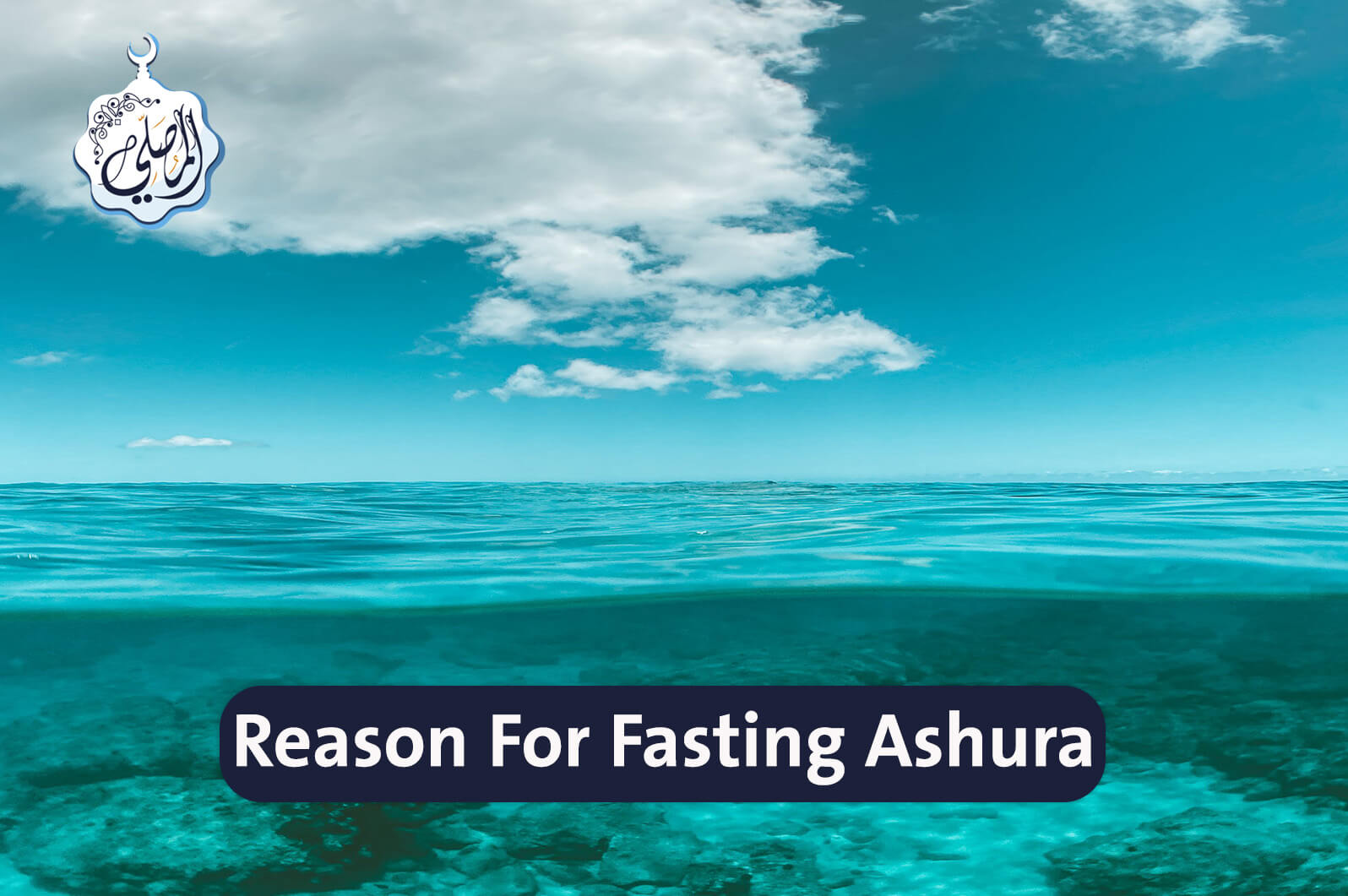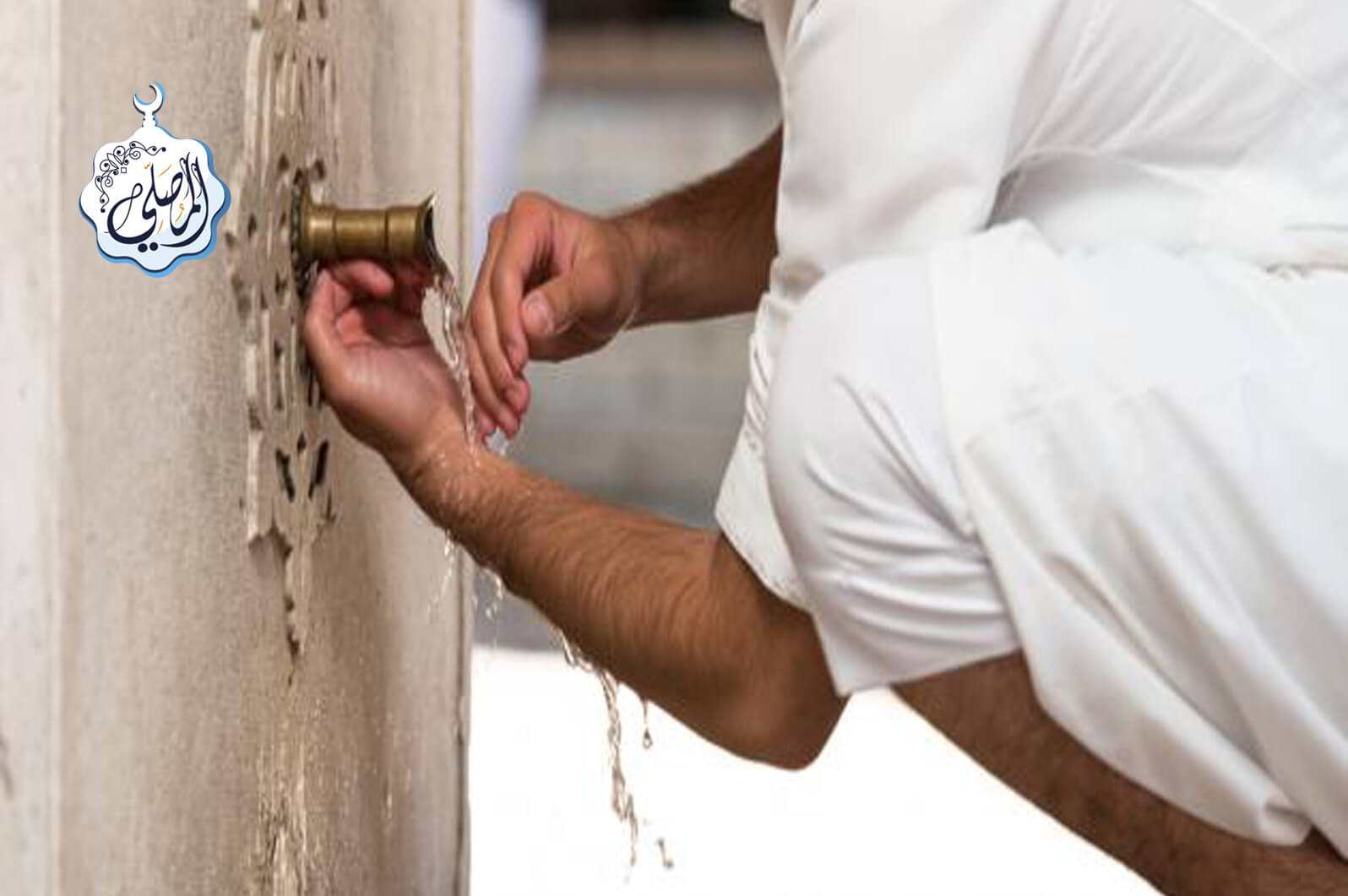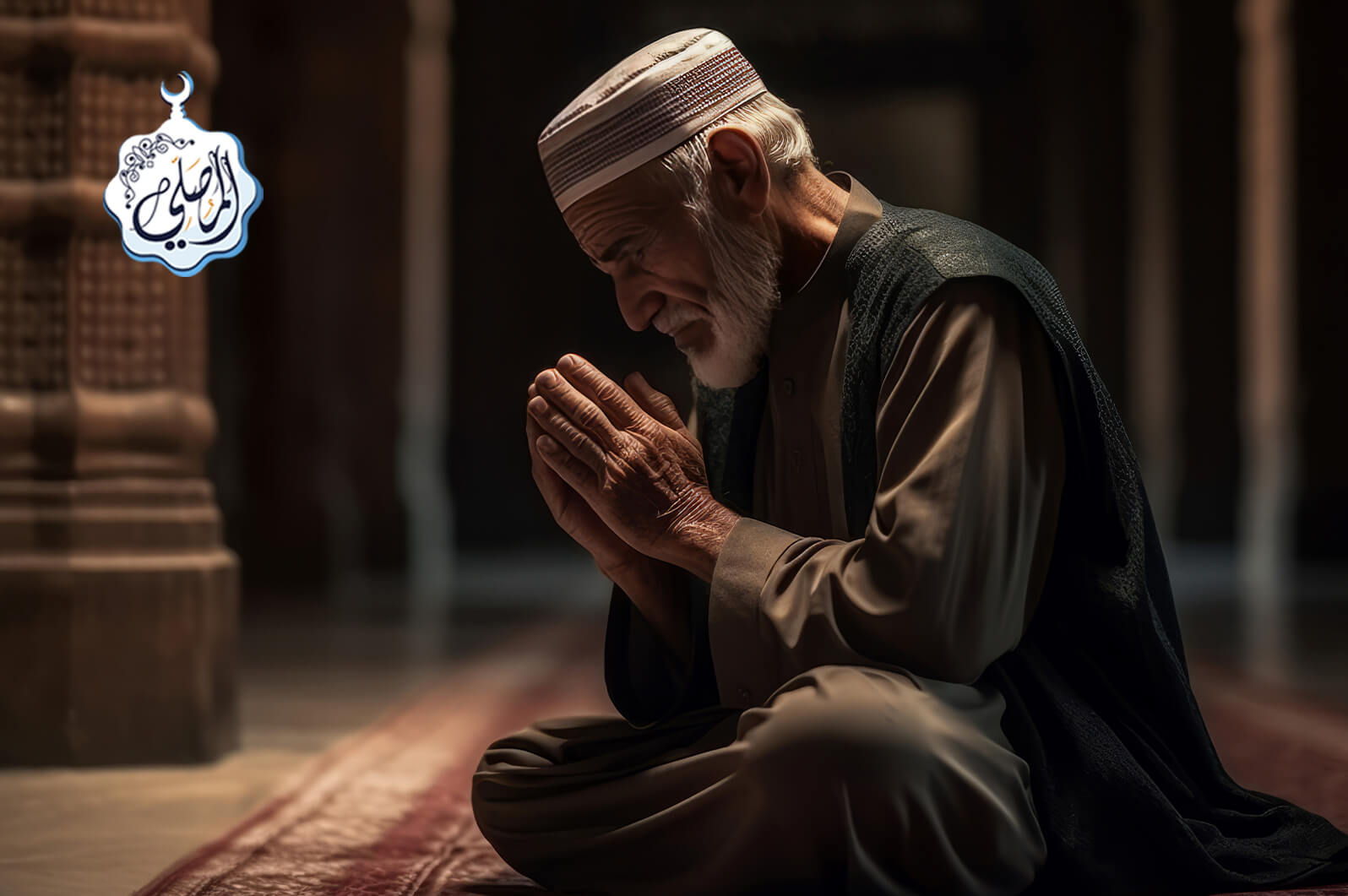
It was narrated that Ibn ‘Abbaas (may Allah be pleased with him) said: The Messenger of Allah (blessings and peace of Allah be upon him) came to Madinah, and he found the Jews fasting on the day of ‘Ashoora’. They were asked about that and they said: This is the day on which Allah granted victory to Moosa and the Children of Israel over Pharaoh. We fast on this day out of respect for it. The Prophet (blessings and peace of Allah be upon him) said: “We are closer to Moosa than you,” and he enjoined fasting on that day.
So, Ashura is the day on which Allah saved Moosa and drowned Pharaoh and his troops and covered them from the sea that which covered them. So the Prophet (blessings and peace of Allah be upon him) fasted on this day, and he enjoined the Sahaabah to fast on this day too, by way of following the example of Moosa (peace be upon him) and out of gratitude to Allah, may He be exalted. When Allah enjoined fasting the month of Ramadan, this ruling was abrogated, and fasting on this day became Sunnah.
The Prophet used to did acts of gratitude to the Lord of the Worlds, and he would stand in (voluntary) prayer at night until his feet swelled. He was asked about that, and he said: “Should I not be a grateful slave?”
Moreover, the power of prescribing laws belongs to Allah alone; He prescribes for His slaves whatever He wills and chooses for them. He gives to some of his Prophets what he does not give to others. This is something that is well known and well established. Allah, may He be exalted, says (interpretation of the meaning):
“And your Lord creates what He wills and chooses; not for them was the choice. Exalted is Allah and high above what they associate with Him”










 share facebook
share facebook share whatsApp
share whatsApp share twitter
share twitter share telegram
share telegram copy
copy








